Define The Definition Of Homeostasis
A property of cells tissues and organisms that allows the maintenance and regulation of the stability and constancy needed to function properly. In biology homeostasis is the state of steady internal physical and chemical conditions maintained by living systems.
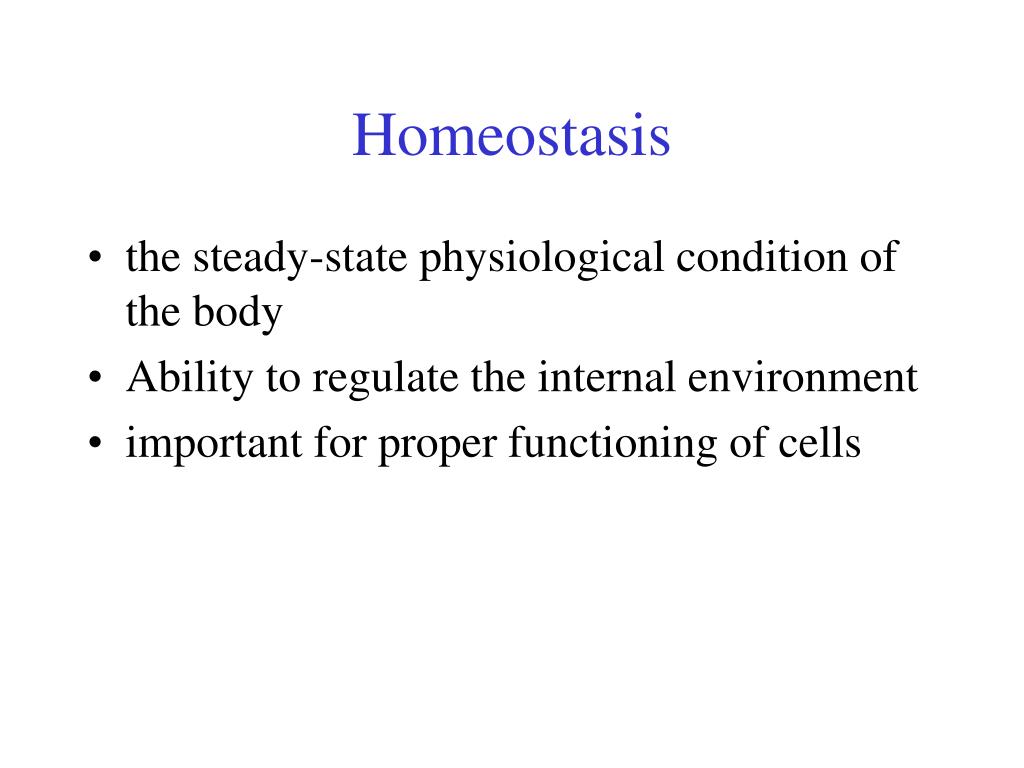
Ppt Homeostasis Powerpoint Presentation Free Download Id 293848
As per the definition provided by him the condition of homeostasis is attained as per the human bodys effort to maintain the dynamic equilibrium.

Define the definition of homeostasis. The word homeostasis derives from Greek with home meaning similar and stasis meaning stable When used as an adjective it is homeostatic. Homeostasis- physiology metabolic equilibrium actively maintained by several complex biological mechanisms that operate via the autonomic nervous system to offset disrupting changes physiology- the branch of the biological sciences dealing with the functioning of organisms equilibrium- a stable situation in which forces cancel one another. Homeostasis is a technical term used in biology physiology and psychology meaning the tendency of an organism to maintain internal stability or the tendency of a group of organisms such as social insects like bees or ants to act cooperatively.
Maintaining homeostasis requires that the body continuously monitors its internal conditions. Homeostasis refers to the bodys ability to maintain a stable internal environment regulating hormones body temp water balance etc. Definition of Homeostasis Homeostasis.
Homeostasis any self-regulating process by which biological systems tend to maintain stability while adjusting to conditions that are optimal for survival. Homeostasis is an organism s process of maintaining a stable internal environment suitable for sustaining life. However hormones that regulate physiological homeostasis in adults may be diluted up to six-fold.
Homeostasis is a healthy state that is maintained by the constant adjustment of biochemical and physiological pathways. Noun U us ˌhoʊmioʊˈsteɪsəs. The state of equilibrium balance between opposing pressures in the body with respect to various functions and to.
British homoeostasis The tendency towards a relatively stable equilibrium between interdependent elements especially as maintained by physiological processes. If unsuccessful disaster or death ensues. The regulation of homeostasis depends on three mechanisms.
Homeostasis in Concise Medical Dictionary. Blood pressure body temperature acid-base balance are maintained at equilibrium despite variations in the external conditions. My temperature is 986.
If homeostasis is successful life continues. It can also refer to a dynamic equilibrium or balance. An example of homeostasis is the human body keeping an average temperature of 986 degrees.
The process by which a living thing or a cell keeps the conditions inside it the same despite any changes in the conditions around it. As the name suggests the receptor is the sensing component responsible for monitoring and responding to changes in the external or internal. The process of maintaining constancy or equilibrium in the physiological activities of the organism.
Homeostasis definition is - a relatively stable state of equilibrium or a tendency toward such a state between the different but interdependent elements or groups of. Homeostasis In biology the ability of a system or living organism to adjust its internal environment to maintain a stable equilibrium for example the ability of warm-blooded animals to maintain a constant temperature. If homeostasis is successful life continues.
Homeostasis is maintaining a constant internal environment. Homeostasis is an organisms realm of biological perfection its bodys oasis. Home-o-stasis the tendency of biological systems to maintain relatively constant conditions in the internal environment while continuously interacting with and adjusting to changes originating within or outside the system.
The processes through which. The definition of homeostasis is the ability or tendency to maintain internal stability in an organism to compensate for environmental changes. Noun plural noun homeostases ˌhɒmɪə ʊˈsteɪsiːz ˌhəʊmɪə ʊˈsteɪsiːz.
This is the condition of optimal functioning for the organism and includes many variables such as body temperature and fluid balance being kept within certain pre-set limits homeostatic range. The physiological process by which the internal systems of the body eg.

What Does Homeostasis Mean Quora

Difference Between Hemostasis And Homeostasis Definition Steps Function Di Basic Anatomy And Physiology Medical Laboratory Science Medical School Studying

Homeostasis Powerpoint And Guided Notes For Interactive Notebooks Science Notebooks Interactive Notebooks Teaching Biology
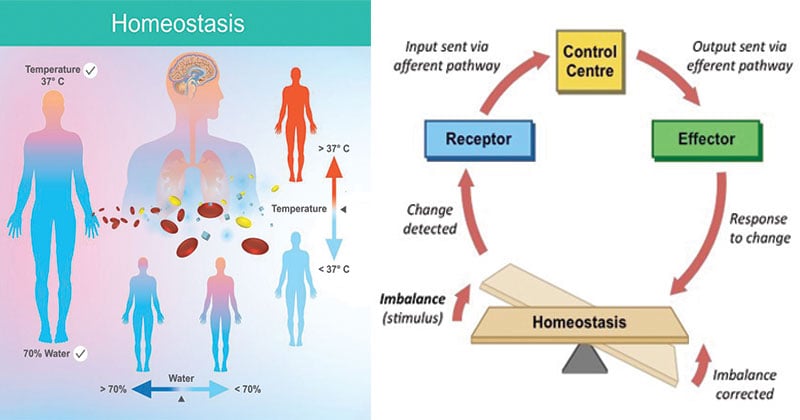
Homeostasis Definition Types Examples Applications
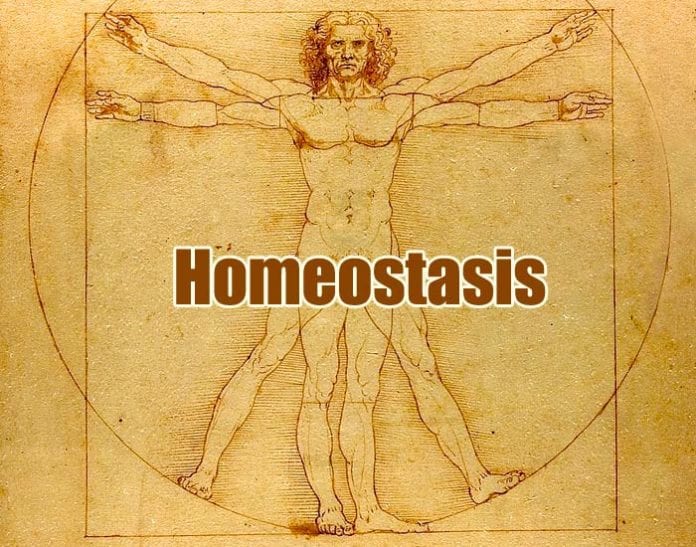
Why Homeostasis Is Important Examples Of Homeostasis

Cranial Cavity Definition Of Cranial Cavity By Medical Dictionary Cavities Thoracic Cavity Medical Dictionary

Homeostasis And Negative Feedback Starter Remembering Back To
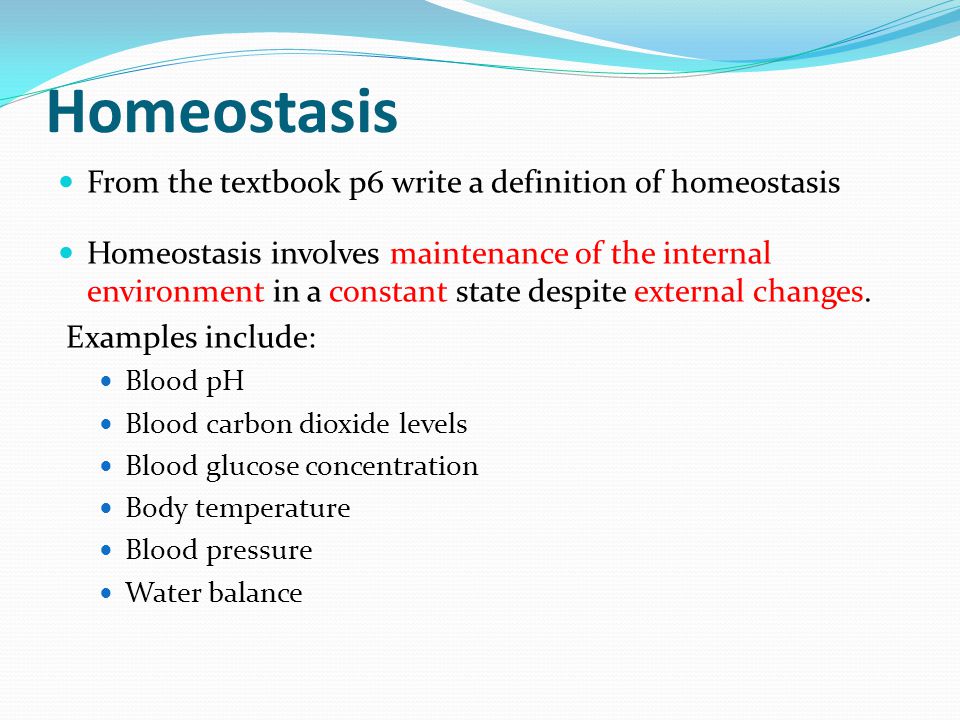
Homeostasis And Negative Feedback Ppt Video Online Download

Difference Between Positive And Negative Feedback Loops In Biology Pediaa Com Basic Anatomy And Physiology Biology Facts Human Anatomy And Physiology

Define The Following Terms Homeostasis Osmoregulation Excretion Thermoregulation And Control System Syedgilanis Co Biochemistry Osmotic Pressure Zoology

Difference Between Intracellular And Extracellular Fluid Definition Types Function Medical School Studying Medical School Essentials Biochemistry Notes
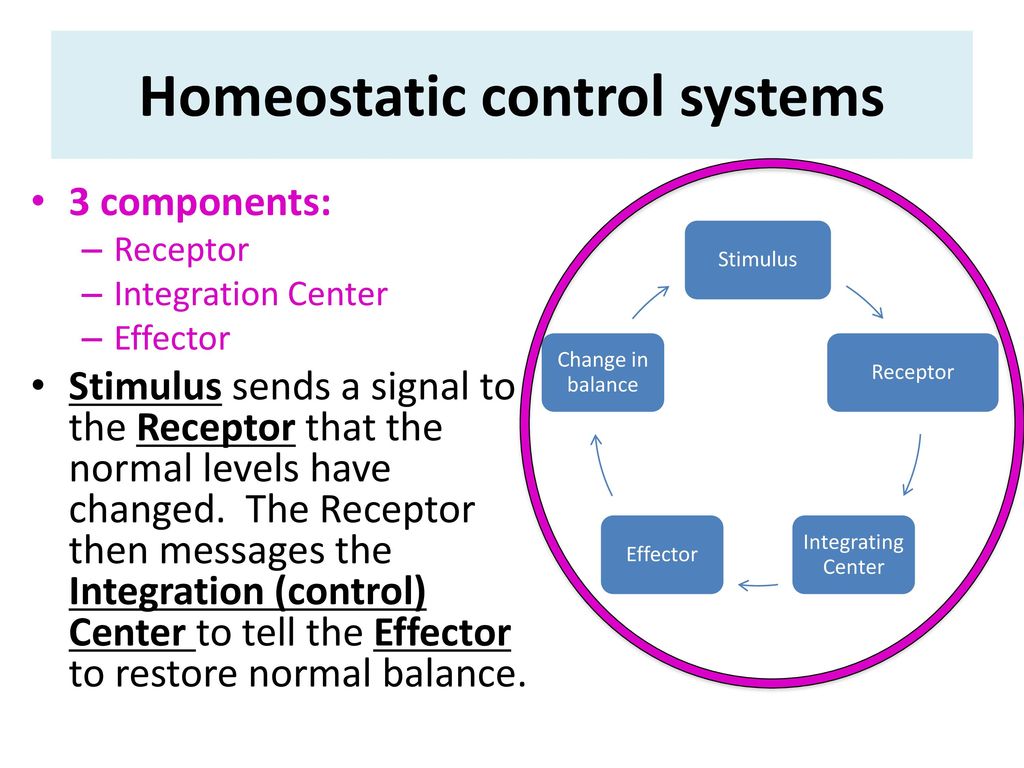
What Do You Think Of When You Hear The Term Homeostasis Ppt Download

Homeostasis Maintaining A Balance In The Body A Senior Biology Lesson Package Biology Lessons Science Lessons High School Biology Classroom

What Is Homeostasis Course Hero
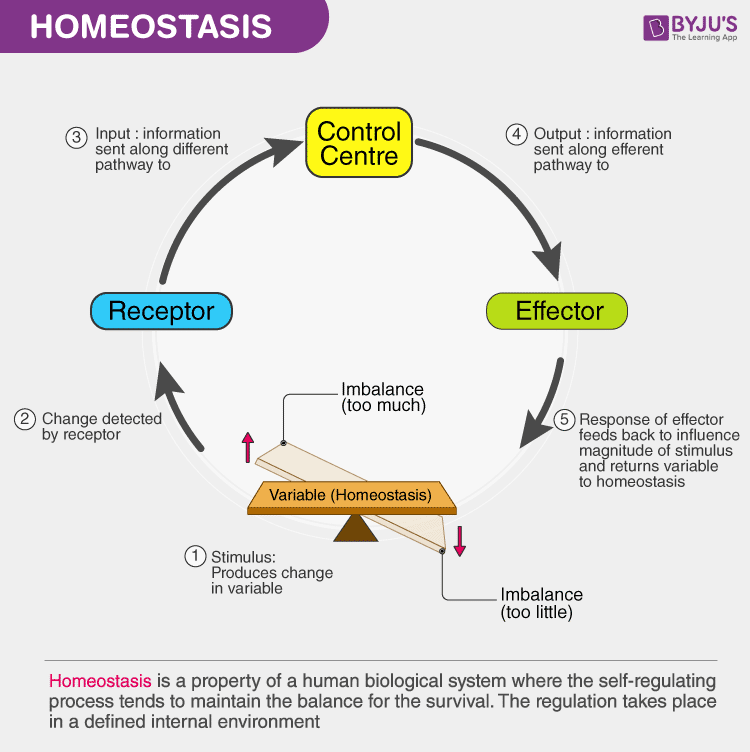
What Is Homeostasis Meaning Definition And Examples
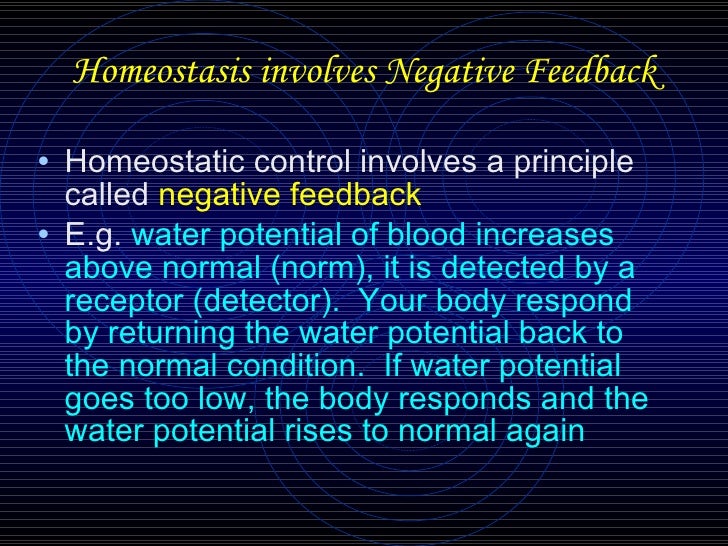
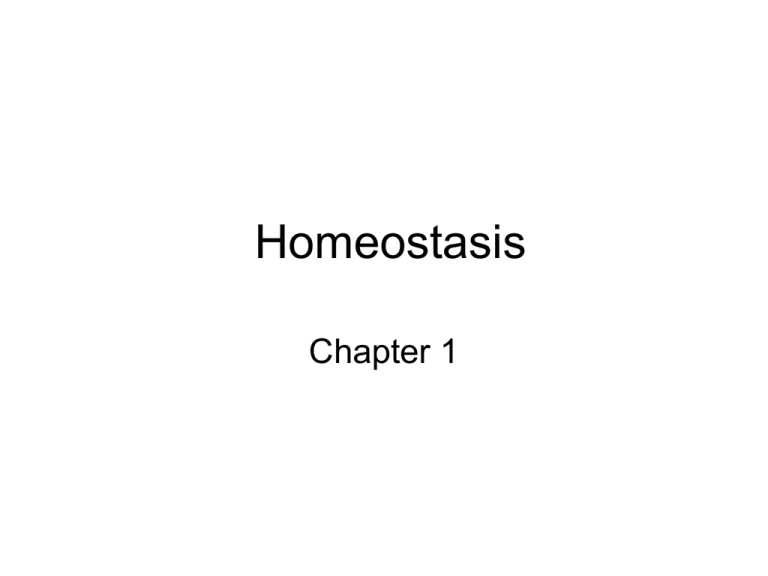

Post a Comment for "Define The Definition Of Homeostasis"